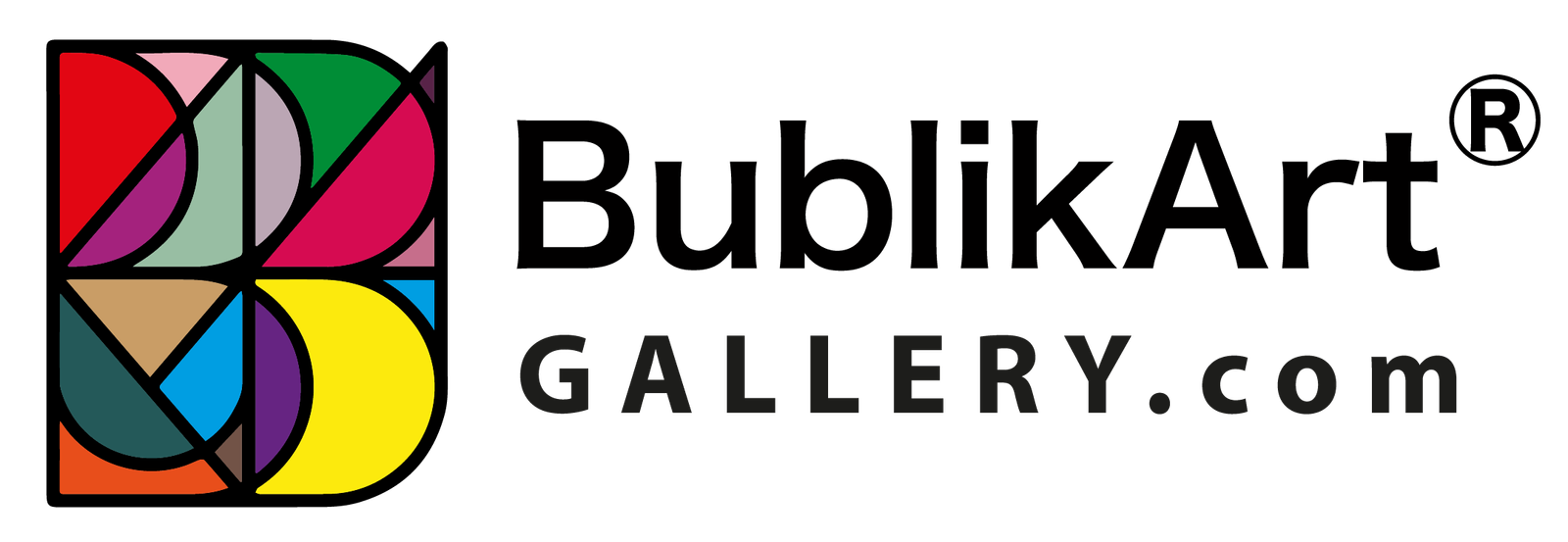Yoko, a new biography by journalist David Sheff, offers the most intimate and detailed portrait to date of Yoko Ono’s life—both before and after the death of her husband, John Lennon. Published by Simon & Schuster, the book, which draws on extensive interviews with Ono, her family, and close collaborators, was released on March 25th.
Ono has a complex legacy as a Conceptual art pioneer, peace activist, and cultural lightning rod. A prominent figure in the Fluxus movement, Ono is presented in the biography as a multifaceted figure whose personal story has often been obscured by the public obsession with her relationship with John Lennon. The book traces her early years in wartime Japan, her struggles with mental health, and her emergence as a leading voice in the avant-garde art world. Sheff, who first interviewed Lennon and Ono in 1980 for Playboy, builds on decades of access, including time spent at the artist’s home.
The biography includes previously unreported details about Ono’s personal life, including the aftermath of Lennon’s assassination in New York in 1980. According to Sheff’s account, Ono’s immediate response to the tragedy was shaped by her concern for their son Sean, then five years old. She asked hospital staff to delay the public announcement of Lennon’s death so she could inform Sean herself before the news reached television.
The book also explores Ono’s experience of grief, including the security concerns that followed Lennon’s death. In one instance, Sean was smuggled out of their building in a duffel bag to avoid a potential threat.
Beyond these harrowing moments, Yoko provides insight into the artist’s creative resilience. It details her artistic process, her return to work after personal loss, and the ways she has continued to advocate for peace and experimental art into her nineties. The biography also revisits the contentious public perceptions of her marriage.
Sheff presents a portrait of a woman whose avant-garde practice was often misunderstood, but whose influence is now widely acknowledged across music, visual art, and activism.
That influence was reaffirmed last year with “Yoko Ono: Music Of The Mind,” a major survey show at Tate Modern in London. The exhibition, which will open at Berlin’s Gropius Bau on April 10th, highlights Ono’s activism through participatory and instruction-based works, such as Draw Circle Event (1964–65) and Add Colour (Refugee Boat) (1960/2024).



